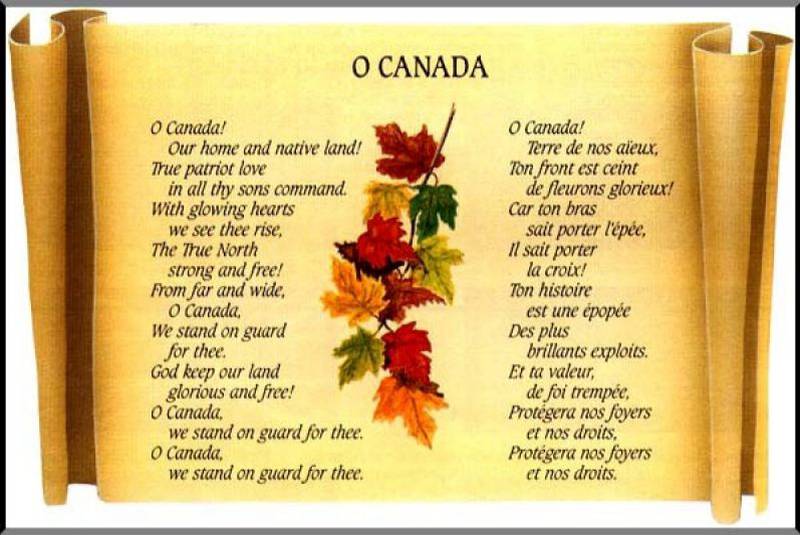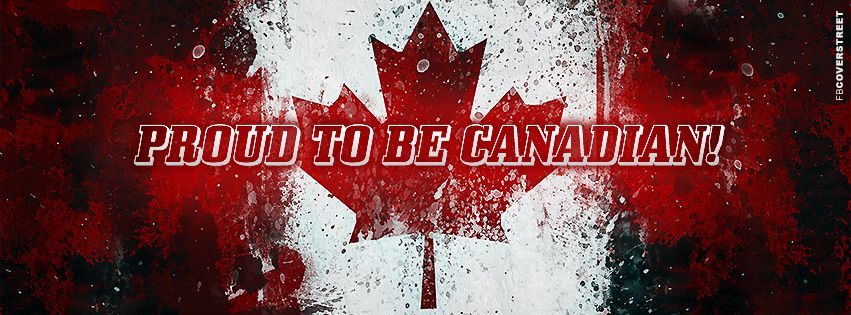
Note: Article inspired by ‘Song of a Nation: The untold story of Canada’s National Anthem,’ Robert Harris, McLelland & Stewart, 2018.
We know the feeling, pride swelling in our chests, sometimes lips quivering, choking back emotion, the Canadian flag raised as one of our world-class athletes receives a gold medal. ‘O Canada’ is one of a handful of iconic symbols that embody the spirit of our True North culture. Universally, we’re known for our distinctive and easily recognizable red maple leaf and fever-mad passion for our national sport, hockey. Our national anthem lives in our hearts with its simple and majestic melody.
Canadians aren’t generally considered a patriotic people. They don’t understand the pride, joy, and love for our country, we feel singing in unison to our national anthem. And it’s not just us who get excited when they hear these chords. The world also finds our anthem emotionally stirring. Or at least the study participants who listened to instrumental national anthems as they fell asleep for ten consecutive nights.
Researchers at the Sleep Research Lab in UK’s Northumbria University found that the Canadian national anthem is the third most rousing in the world. In a study led by Dr. Jason Ellis, a professor of Sleep Science at the University, they measured “pre-sleep arousal levels,” which is to say how moved these anthems made people feel before dozing off. O Canada is a stately piece, and “the harmonic structure of its composition heightens our sense of musical engagement.”
There were strong contrasts, the anthem of the European Union, the research found to be the most calming national anthem. The EU anthem was created to celebrate peace and shared values. In first place for most sleep disruptive national anthem, with full orchestra crashing cymbals, ‘Star-Spangled Banner’ was conceived and designed to celebrate the patriotism and American pride in British defeat at the Battle of Fort McHenry during the War of 1812.
The Mystery of Its Origin
The story behind the composition of the Canadian anthem is a mystery because it relates to our biggest wound, that of our national identity. Our history, at the intersection of English, French and Indigenous cultures. And the reason no one can be certain of the English words to ‘O Canada’ is because there weren’t any when it was first written. It originated as a Quebec national anthem for French Canadians.
The idea of a “Chant National” was introduced by Reverend Napolean Caron of Trois Rivieres, as resistance against the two patriotic songs of the day, ‘God Save the King’ and ‘The Maple Leaf Forever,’ which didn’t resonate with strong French Canadian sentiments following Canada’s unification. In 1880, the organizers of the Quebec nationalism-themed conference held on June 24th every year, the Sainte Jean-Baptiste Society, commissioned a national hymn for Quebec. They wanted a special kind of song, which would accomplish what all anthems should do – celebrate and immortalize a people, a nationality, their culture and distinctly maintain this identity.
A great irony of the Canadian national anthem, its creation, to keep the spirit of Quebec nationalism alive. French lyrics refer to Catholicism, bearing the cross, carrying a sword and calling Canada the land of our ancestors. Its message didn’t translate well to English. It wasn’t until 1908, when Montrealer Robert Weir set down the version we know now. An English version, which is a simple affirmation of love for and service to our country. It’s patriotic, in a general way without reference to a specific event or group of citizens. An effortless message that conveys a sense of community and togetherness.

An Anthem to Unify Canadians
It wasn’t for 100 years, after it premiered in Quebec City, that ‘O Canada’ became our official national anthem. By an order of parliament in 1980, the government passed the National Anthem Act, officiating its adoption. That a Quebec-separatist hymn is our True North, Strong and Free anthem, belongs to our collective reverence for ‘O Canada,’ the only words the two versions share. That word Canada, Indigenous in origin, used by French Canada to refer to their old Laurentian homeland and is synonymous with our Great sea-to-sea Dominion established in 1867. By turning a hymn of Quebec solidarity into an anthem for all Canadians, we unite two societies in one song.
Coming out of the pandemic and surviving its impact to communities, has made Canadians more positive about our country, than Americans are about theirs. Our perspective on the country’s future is improving. Compared to January 2022, the percentage of Canadians saying their country is caring (+15%), prosperous (+7%), and safe (+4%), all have improved.
In the mid-1980’s, Environics conducted a survey of American and Canadian attitudes towards their respective countries. At that time, Americans were much more satisfied with their system of government and economic opportunities. Since then, their satisfaction with their governance and mobility potential has fallen significantly, while famously complacent Canadian attitudes have remained unchanged (Angus Reid, March 23, 2023).
Singing our national anthem is declaring to the world and letting the heavens hear our praise, we’re proud to be Canadian. It’s our conscious memory, of meaningful experiences, built up over years. The collective moment we share, to reflect on how fortunate we are to live in arguably the best country in the world. We received this distinction in 2021, and currently hold third place, behind Switzerland and Germany. As Canadians, we’re usually content and happy winning bronze on any world stage, as long a, it doesn’t involve a hockey arena.
The team at K.I.D. Truck & Trailer Service thanks our loyal customers for their business. We extend our absolute best wishes to you and yours for a safe, happy, and enjoyable Canada Day.

Photo Credit: X/Hockey Night in Canada
Tags: canadianvalues, commercialfleetservice, commercialtruckandtrailerservice, communityfirst, familybusinessvalues, familyownedbusiness, happycanadaday, heavydutytruckservice, historyofcanadiananthem, proudtobecanadian, trailerrepairburlington, trailerrepairoakville, trailerserviceoakville, truckandtrailerpartsburlington, truckandtrailerpartsoakville, truckprohaltonregion, ttrailerserviceburlington, valuefortruckingcompanies
